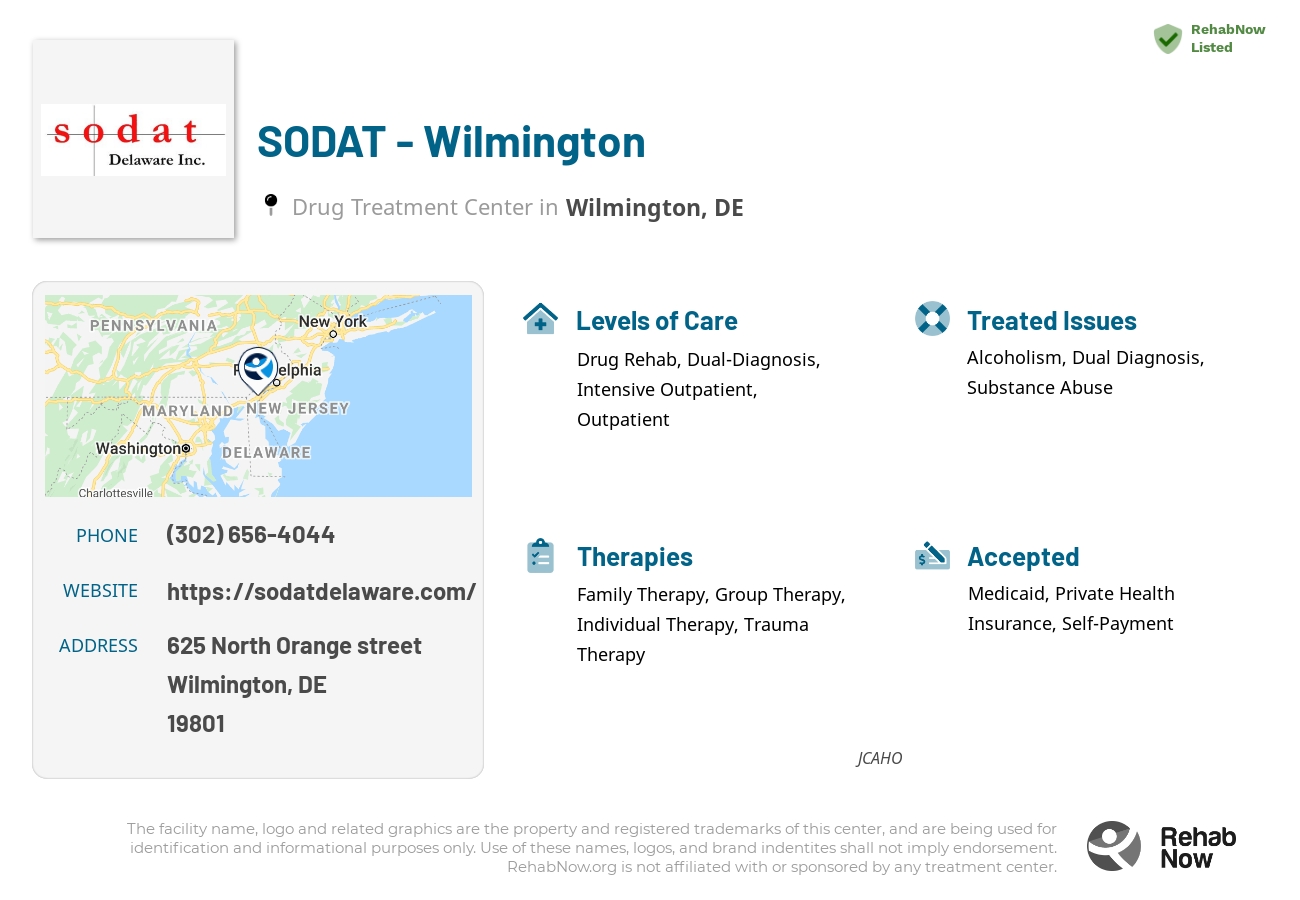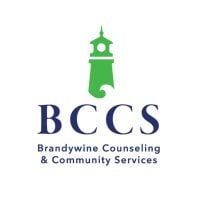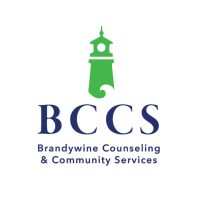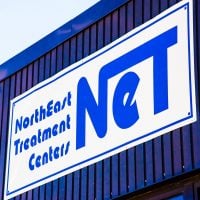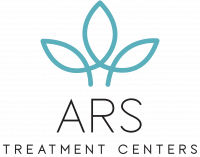SODAT - Wilmington
Drug Rehab Center in Wilmington, Delaware
SODAT - Wilmington is an addiction and substance abuse treatment facility in Delaware offering a range of evidenced-based services, including residential treatment, intensive outpatient treatment, and aftercare support, to help individuals and their families recover from addiction, with a focus on mental health issues.
About SODAT - Wilmington in Delaware
SODAT - Wilmington is an addiction and substance abuse treatment facility located in Wilmington, Delaware. It is a place of healing and transformation, offering evidenced-based treatment services to help individuals and their families recover from addiction and substance abuse. The facility offers a full continuum of care, including residential treatment, intensive outpatient treatment, and aftercare support. It specializes in treating mental health issues associated with addiction, including trauma, anxiety, and depression.
At SODAT - Wilmington, clients receive individualized and holistic treatment that focuses on addressing both physical and mental health issues in the context of their overall life circumstances. As part of their services, they provide individual and group therapy, intensive family support, evidence-based skill building, and relapse prevention planning. Clients can also take part in recreational, peer support, and educational activities to help them build a strong foundation in their recovery.
SODAT - Wilmington is accredited by The Joint Commission, a national leader in healthcare accreditation, and is a licensed facility with the Delaware Division of Substance Abuse and Mental Health. It is also an approved provider of DUI services by the Delaware Criminal Justice Council and an official recovery partner of the Delaware Governor’s Office. In addition, the facility has received numerous awards and commendations for its commitment to providing quality care and services to those afflicted with addiction and substance abuse.
Genders
Ages
Modality
Additional
Accreditations

JCAHO
Conditions and Issues Treated
Substance abuse is the excessive use of any drug. This includes alcohol, medications, and illegal drugs. Substance abuse is treated with a combination of physical and mental treatments. Patients detox and follow up with therapies that target the underlying cause of the addiction. Substance abuse is a severe problem that can be successfully treated with a variety of therapies. SODAT - Wilmington treatment uses a combination of therapies along with other resources to overcome substance abuse.
Levels of Care Offered
This center offers a variety of custom treatment tailored to individual recovery. Currently available are Drug Rehab, Dual-Diagnosis, Intensive Outpatient, Outpatient, with additional therapies available as listed below.
Intensive outpatient treatment is a type of comprehensive addiction care. Unlike conventional residential treatment programs, the patients live at home during the recovery process. This means that one can continue working and caring for their families. These also allow people to keep pursuing their studies while also working on their sobriety.
Outpatient treatment can help one transition to normal life from the round-the-clock supervision and treatment available during inpatient treatment. It is an excellent tool to ensure long-term recovery. However, it is essential to note that intensive outpatient treatment in itself does not remove patients from the real-world setting. This means there’s always a higher risk of coming across environmental triggers. To further prevent relapse, an outpatient treatment center should be able to provide ongoing support services.
Once the patient is enrolled in an intensive outpatient treatment program, they will be expected to attend therapy and group meetings daily for a stipulated period. The frequency and duration of each session will depend on the patient’s needs and level of addiction. This can help curb the habit and deal with underlying issues that led to it. Most of these professional treatments are designed to allow patients to structure their daily schedules in a way that is conducive to recovery.
“Outpatient treatment is ideal for those who have a lower intensity addiction. It’s also suitable for those with a supportive environment and those on a tight budget.
Outpatient treatment can be considered the lowest intensity level of addiction treatment. It is ideal for early phase addiction or lower intensity addictions. It may involve weekly sessions instead of daily. Peer group support, 12-step programs, and individual counseling may still be used and anti-addiction medication.
Therapies & Programs
No single treatment works for all addicts; therefore, the goal of treatment and therapy should be to find what works best for each individual. Some people requiring addiction treatment may only need a few weeks of inpatient care. Others will require long-term residential care. Tolerance and withdrawal levels vary from person to person and thus affect the intensity of the treatment needed.
If an individualized approach to treatment and therapy is not offered, addicts may fail to reap benefits from their efforts. Professionals must customize plans according to their patient’s needs, limitations, and strengths. The goal of all forms of addiction treatment should be for addicts to find healthy ways to cope with their addiction and its underlying causes.
The therapies usually include siblings, children, and parents who are involved in their daily lives. These sessions are vital because they address past issues that may have hampered an addict’s or alcoholic’s recovery and provide support at a crucial time!
One of the most critical aspects of family therapy is helping addicts’ loved ones see their situation in a new light. It’s also one of the most challenging things a family can do when a loved one struggles with addiction or alcoholism.
Group therapy is held in a safe, controlled setting where patients can feel comfortable sharing their struggles and gaining perspective through shared conversations. It takes place in a group rather than one on one to prevent feelings of isolation or being unique in their situation while creating an environment for addicts at SODAT - Wilmington to develop fellowship, accountability, and support. Group therapy is an important tool in recovery that prevents cravings that prompt a return to active addiction.
This type of therapy involves the use of a variety of therapeutic techniques to help addicts recover from past traumas that might have triggered their substance abuse. During these sessions, therapists will work with the addict to address painful memories and learn how to cope effectively with stressors as they arise.
During these types of sessions, therapists will typically focus on three main goals:
- Identifying and expressing painful emotions associated with past traumas.
- Reducing the effects of stress on an addict’s life by developing more effective coping mechanisms.
- Developing healthy ways of thinking about stressful situations that can help addicts avoid substance abuse issues in the future.
This type of therapy is typically used in conjunction with other types of addiction treatment services. By identifying and dealing with the root cause of addiction, most addicts can overcome their cravings and prevent relapse once they leave rehab.
Many different types of addiction treatment services exist to help addicts safely get sober, but it’s important for recovering individuals to find a therapist or support group that will help them address the root cause of their addiction.
Cognitive-behavioral therapy is a talking-based method that helps people struggling with addiction replace destructive behaviors with healthier ones. CBT also helps them identify the underlying thoughts and beliefs that cause these behaviors in the first place and ways to control those thoughts and feelings. It can be administered as a holistic therapy or as part of combination therapy and—as opposed to turning to drugs and alcohol—helps addicts learn how to respond to negative thoughts instead.
Payment Options Accepted
For specific insurance or payment methods please contact us.
Is your insurance accepted?
Ask an expert, call (888) 674-0062
SODAT Delaware Associated Centers
Discover treatment facilities under the same provider.
- SODAT - Delaware - Walker Road in Dover, DE
- SODAT - Seaford in Seaford, DE
- SODAT - Delaware in Dover, DE
Learn More About SODAT Delaware Centers
Additional Details
Specifics, location, and helpful extra information.
Wilmington, Delaware 19801 Phone Number(302) 656-4044 Meta DetailsUpdated November 25, 2023
Staff Verified
SODAT - Wilmington Patient Reviews
There are no reviews yet. Be the first one to write one.
Wilmington, Delaware Addiction Information
The Delaware substance abuse statistics show that the number of deaths due to drug injury is higher than the national average. Over 16% of all deaths in the state between 2008 and 2017 were caused by drugs and alcohol. The state has been rolling out more services to address addiction in an effort to get help to those who need it.
The drug addiction problem in Wilmington, Delaware, is significant. In 2013, Wilmington had a drug overdose death rate of 26.2 per 100,000 residents. In 2016 alone, more than 1,300 cases of heroin overdoses were reported in Wilmington, Delaware. The best way to find a drug treatment facility in Wilmington, Delaware, is to ask for referrals from friends or family members who have gone through a treatment program.
Treatment in Nearby Cities
- Rehoboth Beach, DE (75.1 mi.)
- Laurel, DE (82.1 mi.)
- Millsboro, DE (80.9 mi.)
- Smyrna, DE (30.8 mi.)
- Ellendale, DE (65.1 mi.)
Centers near SODAT - Wilmington
The facility name, logo and brand are the property and registered trademarks of SODAT - Wilmington, and are being used for identification and informational purposes only. Use of these names, logos and brands shall not imply endorsement. RehabNow.org is not affiliated with or sponsored by SODAT - Wilmington.



